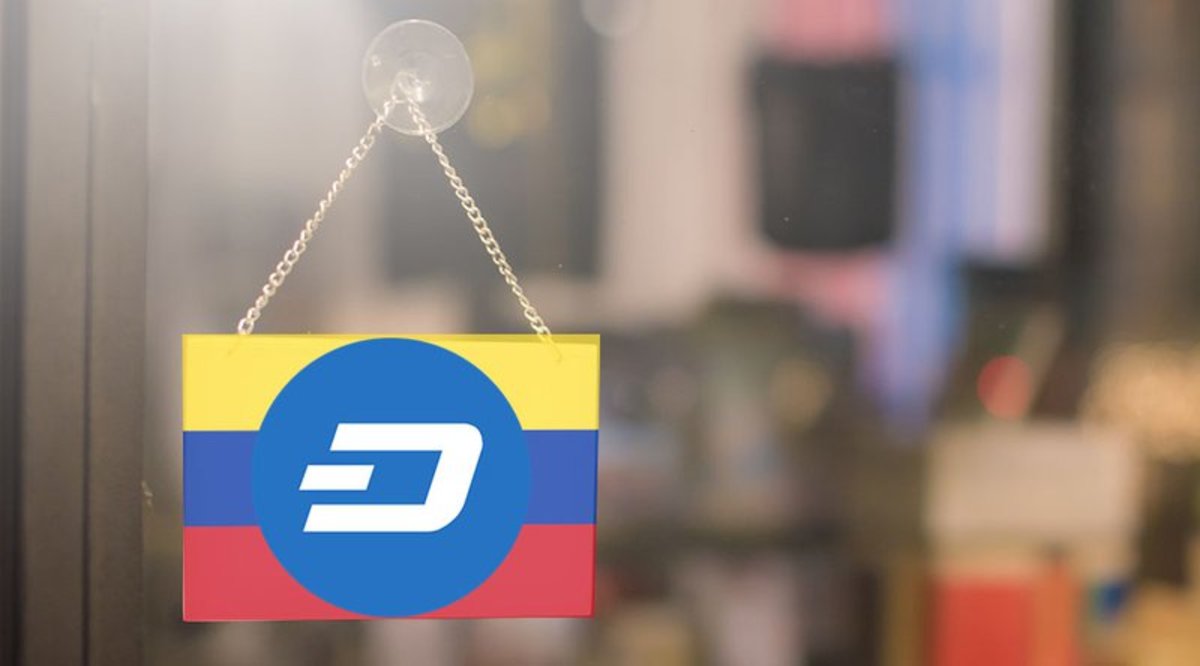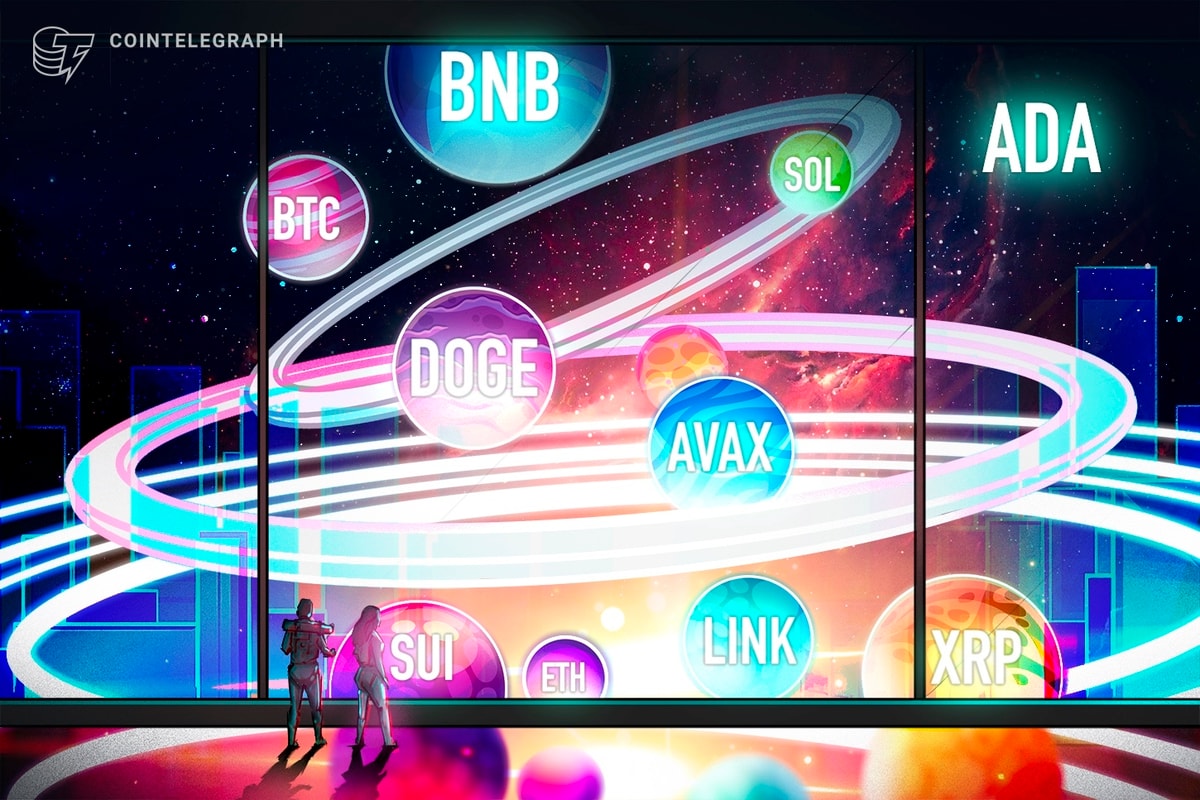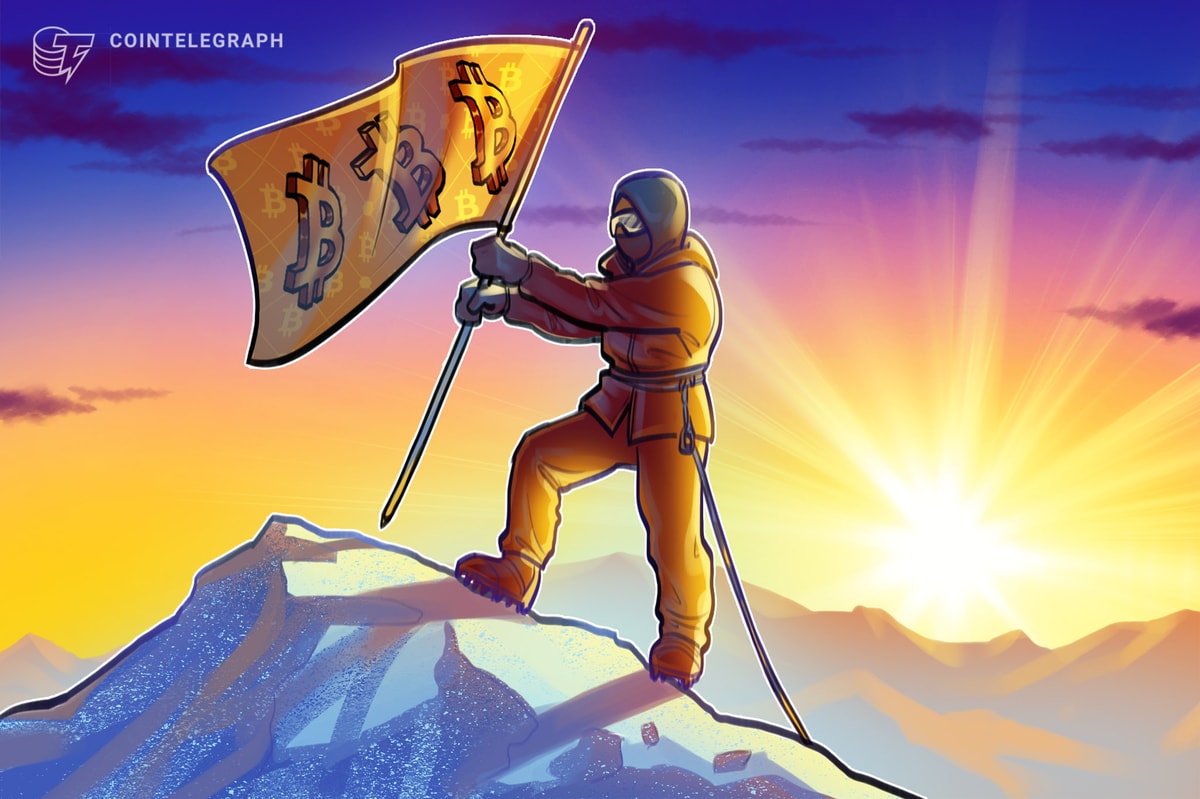
Dash is establishing itself as one of Venezuela's most popular cryptocurrencies. Bitcoin may still be king on the international scene, but in South America’s northernmost country, dash is vying for superiority. And, according to Latin American exchange Cryptobuyer, it has all but usurped bitcoin in the region.
“Cryptobuyer was the first platform in Latin America to integrate Dash in early 2017, as well as the first to offer it in Venezuela. Every month, we see how Bitcoin and Dash fight for the top volume in our operations, but as for the largest number of transactions, Dash is winning at this time,” said CEO Jorge Farias in a statement.
In an interview with Bitcoin Magazine, Dash Public Outreach Director Joël Valenzuela clarified that “Cryptobuyer has Venezuelan bolivar trading pairs and has user accounts, so they can easily track usage out of the country.”
Dash’s transaction traffic on Cryptobuyer isn’t limited to market speculation. On the contrary, dash has experienced extensive adoption by Venezuelan vendors and merchants. Some 522 domestic store owners accept dash in the country, Valenzuela told Bitcoin Magazine. A Discover Dash website acts as a directory to many of these stores.
“The Dash-accepting merchants in Venezuela do so openly and proudly, displaying ‘Dash accepted here’ stickers on their business doors and registers,” said Valenzuela.
Given cryptocurrency’s increasing popularity as an alternative to a crippled national currency in the bolivar, it may come as a surprise to hear that merchants advertise their acceptance of dash while under the eye of what could be considered a dictatorial regime. But Valenzuela claimed, contrary to popular belief, that cryptocurrency use is quite open in the country and has only expanded with the advent of the petro, Venezuela's national cryptocurrency.
“It appears to be a misconception that the Venezuelan government is anti-crypto. The country is in the midst of a severe economic crisis, and a way out is a way out. Additionally, local crypto advocates have expressed that the creation of the state-backed Petro has been good for adoption and awareness of other cryptocurrencies,” he stated.
Still, different perspectives tell different stories. In a separate interview with Bitcoin Magazine, a Venezuelan under the alias Héctor indicated that “[c]ryptocurrencies — and any other currency but bolivars — are banned for all citizens” and so are popularly used on the black market for food and basic necessities. Héctor’s struggle seems ubiquitous in the country, and it reflects the vast and expanding use of crypto in the bolivar’s stead, a national currency that has plummeted in value amidst ever-worsening hyperinflation.
Valenzuela acknowledged the substitutive role that cryptocurrencies play as private money in such an anemic economy. They’ve been in use for a number of years, but dash’s accelerated adoption “can be traced back to the founding of Dash Caracas and the first Dash conference around September of 2017."
Since that conference last year, Dash Venezuela has increased its presence in the area, expanding its outreach by “holding monthly conferences, educating users and onboarding merchants at a breakneck pace,” Valenzuela said.
Dash is a payment-focused cryptocurrency that is currently ranked 14th on CoinMarketCap with a valuation just shy of $2 billion. Outside of Venezuela, dash’s global merchant base is 1,729 strong. The network is two-tiered, using both proof of work and proof of stake to reach distributed consensus. A primary proof of work layer monitors typical transactions, while masternodes on the second layer rely on validators, those who stake dash to run what are called masternodes, to oversee specific functions like Dash’s InstantSend transactions.










